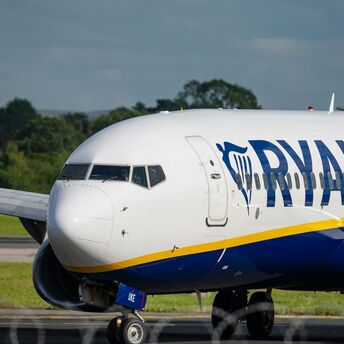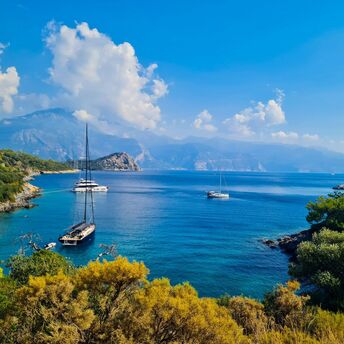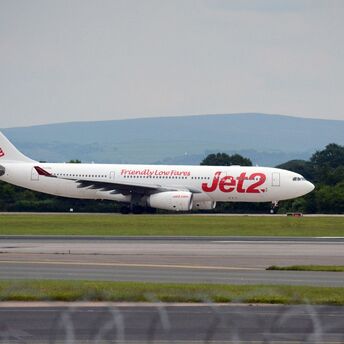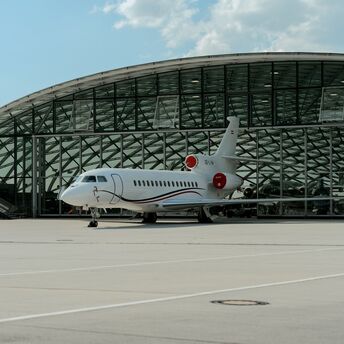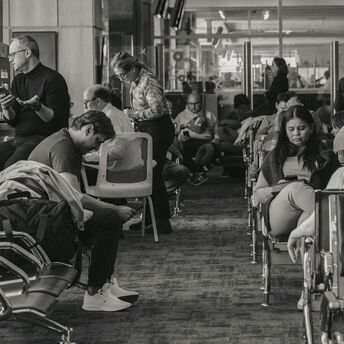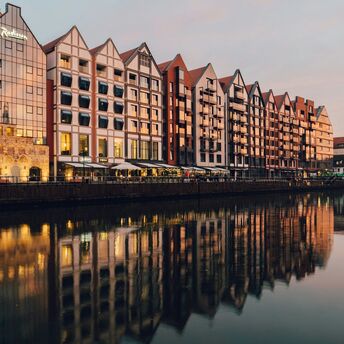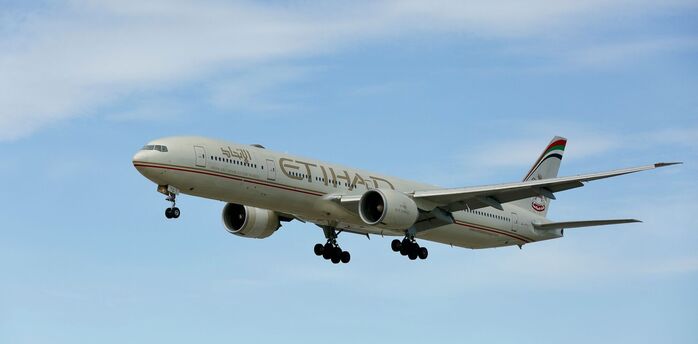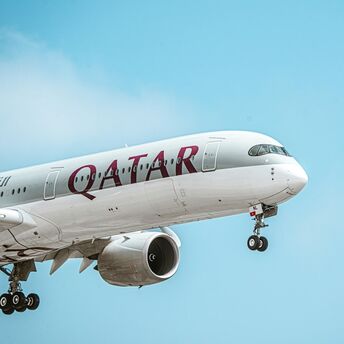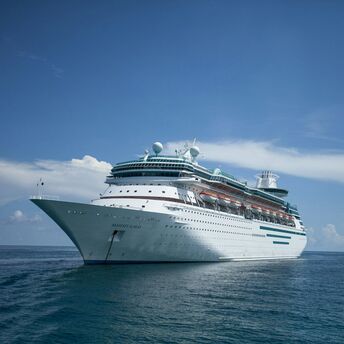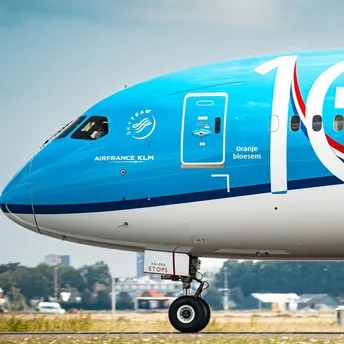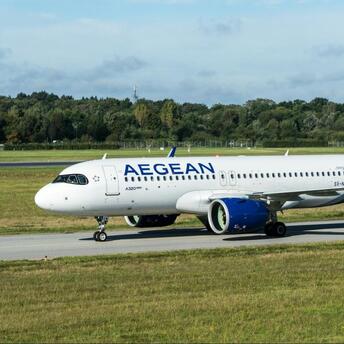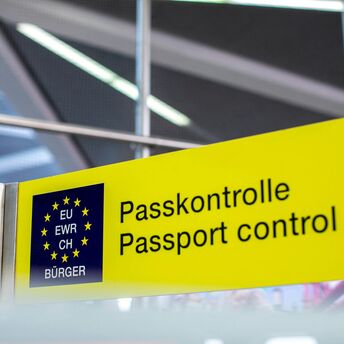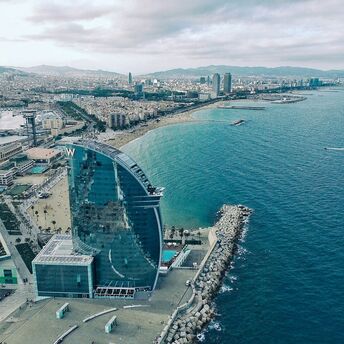Survey Reveals Cost Concerns Over Rail Travel for Travelers
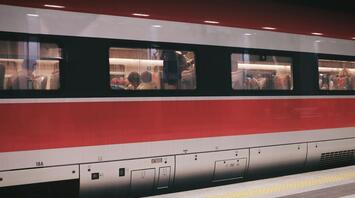
A recent survey conducted by the market research group IFOP for the National Federation of Transport User Associations (FNAUT) has revealed that many travelers perceive national train services in France as too expensive and inflexible. This study, conducted over two weeks in April 2024 and including 2,003 individuals aged 18 and older, represents a significant cross-section of the French population.
The survey highlighted that while trains are seen as fast, comfortable, and easy to use, the high costs deter many potential travelers. Half of the respondents had used rail services at least once in the past year, with 43% using TGV services, 36% traveling on TER trains, and 27% taking Intercités services.
For travelers, the convenience and comfort of train travel are clear advantages. Being able to engage in other activities while traveling and the environmental benefits of rail travel are significant perks. However, the cost remains a major deterrent, with 53% of respondents ranking ticket prices among the top five criteria for choosing a travel method. Additionally, 61% of non-users considered TGV trains too expensive, and only 34% of all respondents felt that rail travel offered good value for money.
Despite the favorable views on speed and comfort, the cost was the primary concern. Rail travel is generally seen as a viable alternative to private cars for journeys between 300 km and 500 km, with air travel preferred for longer trips. However, issues such as parking difficulties at stations (77%), securing bicycles (66%), and the unpleasant experience of walking to stations (62%) were significant deterrents for many travelers.
Strikes and other disruptions also contributed to a perception of rail travel being more problematic than it is in reality. For travelers, this means planning trips around potential disruptions, which adds another layer of inconvenience. A significant 75% of non-rail users reported consistently choosing other modes of transport, even for journeys over 100 km where rail would be a feasible option.
The findings of this survey underscore the need to address cost and convenience issues to make rail travel a more attractive option for travelers. Lower prices could incentivize non-users to opt for rail travel, but addressing industrial action and security concerns is also crucial. For travelers looking for a reliable, comfortable, and environmentally friendly mode of transportation, these changes could significantly enhance the appeal of rail travel in France.



